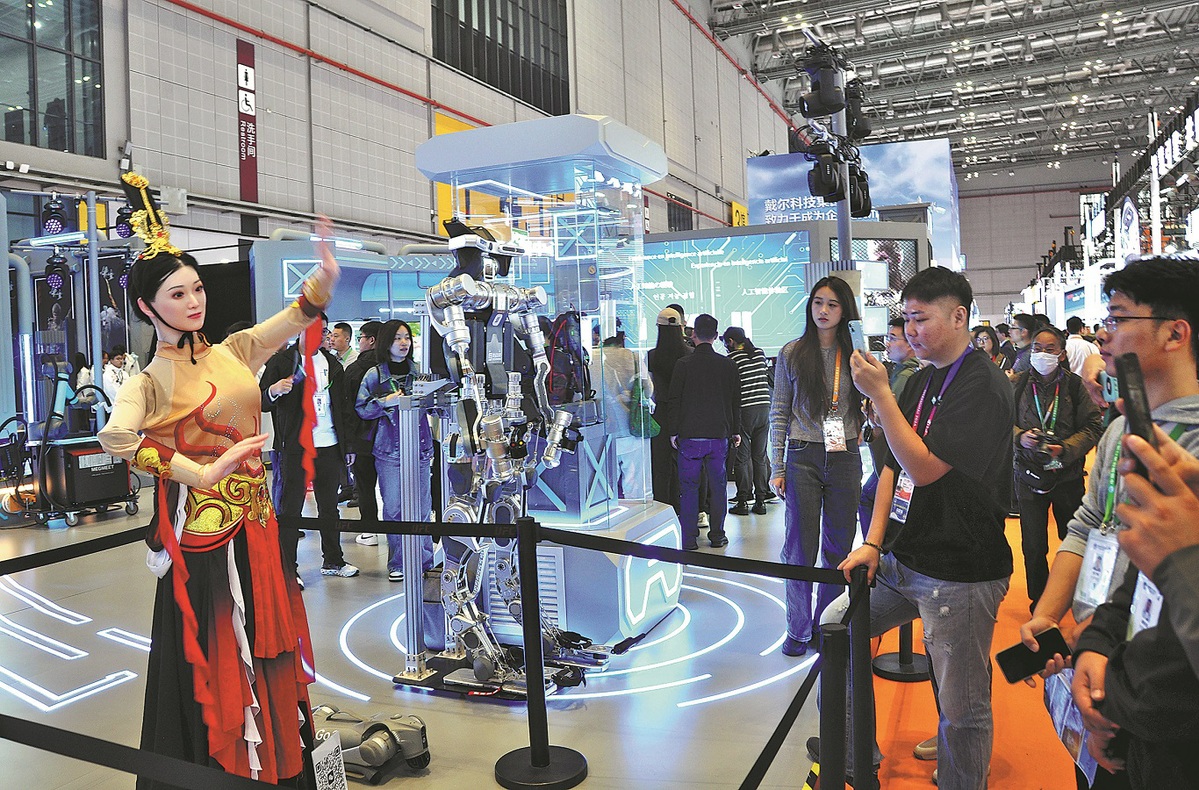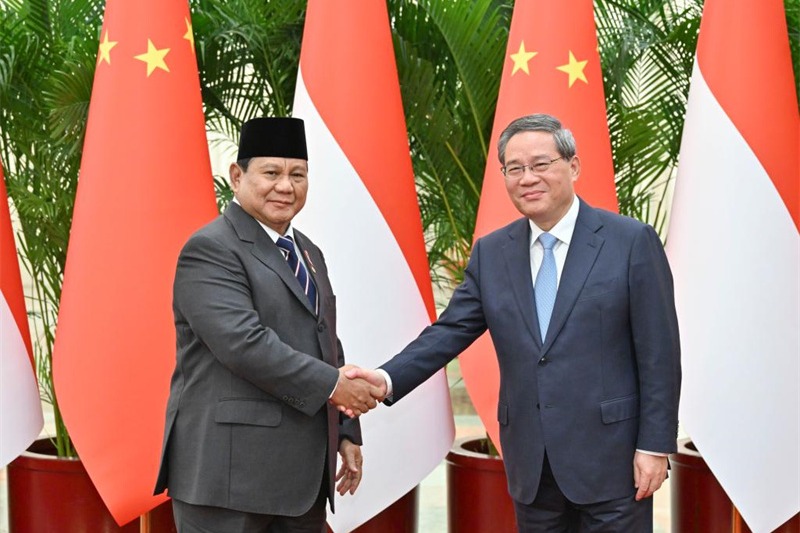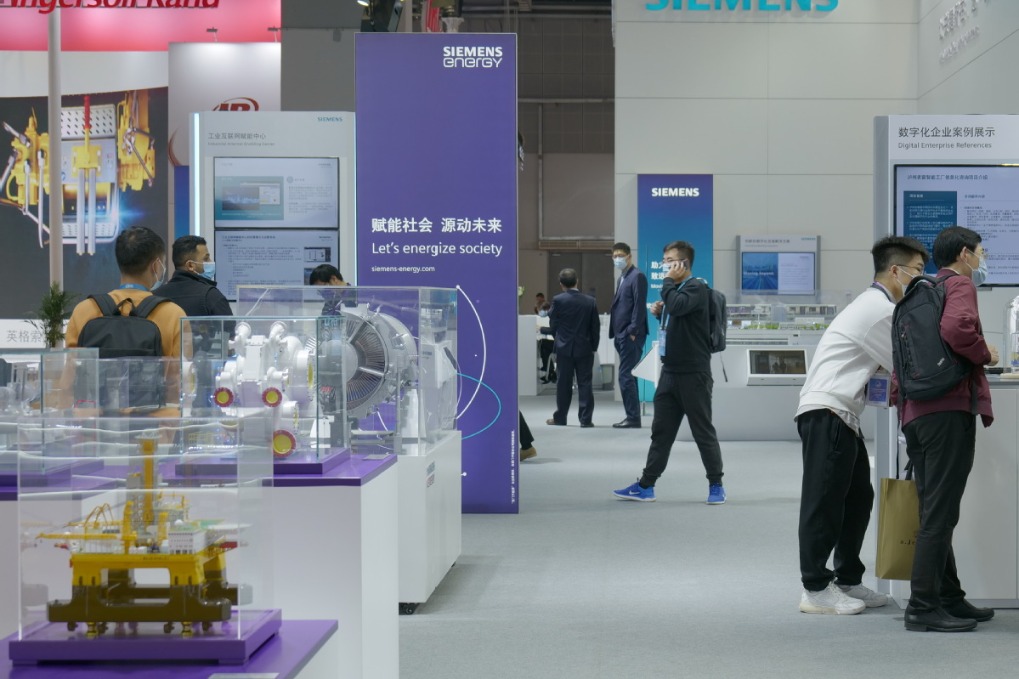CIIE showcases opportunities in, openness of Chinese market
Record deals and product debuts among highlights of exhibition


The seventh China International Import Expo, which concluded in Shanghai on Sunday, served as an important platform where multinational corporations could seek more business opportunities in the massive Chinese market and nurture innovation, said officials and top executives.
Tentative deals worth $80 billion were achieved during the six-day exhibition, a year-on-year increase of 2 percent, according to data released on Sunday at a news conference held by the CIIE Bureau.
Wu Zhengping, deputy director of the bureau, said that up to 450 new products, technologies and services made their debut at this year's CIIE, compared with 442 last year.
"Apart from various cooperation results, the seventh CIIE manifested China's confidence and resolution to provide new growth opportunities to the world through its reform-driven development," Wu said.
This year's CIIE, covering more than 420,000 square meters, attracted the participation of around 3,500 exhibitors, including a record 297 Fortune Global 500 companies and industry leaders. Of all participants, 186 companies and organizations have attended all seven editions of the exhibition.
Patrick Koller, CEO of Forvia Group, a French automotive technology supplier, said that China, as the world's largest carmaker and automotive market, is of strategic importance to his company's global mapping.
"Participation in the CIIE helps to strengthen our ties with the Chinese clients and the market, which is crucial to Forvia's development and success," Koller said.
While the development of sustainable technologies, regional cooperation and efforts to address climate change have met with unprecedented challenges globally, the CIIE has provided an important platform to secure continued dialogues, cooperation and partnership, he added.
German skin care giant Beiersdorf, which debuted at the fourth CIIE with a new product to fight hyperpigmentation, made its second appearance this year.
Beiersdorf CEO Vincent Warnery said the product, which uses the company's patented innovative ingredient Thiamidol 630, has become the world's biggest-selling single item because of the cross-border e-commerce channels in China.
"Chinese consumers possess robust purchasing power, and the market demonstrates a trend of consumption upgrading. With a dynamic and passionate vibe, the Chinese market offers huge opportunities and warmest welcome to foreign investment and development in China," he said.
Beiersdorf will continuously increase its investment in the Chinese market, especially in innovation, digitalization and sustainability, he added.
Multinational business data analytics service provider Dun& Bradstreet, which attended the CIIE for the fifth consecutive year, had a similar experience to share.
Wu Guangyu, general manager of Dun & Bradstreet China, said the company managed to achieve robust growth in the country over the past few years, which is closely related to its participation in the exhibition.
Dun & Bradstreet debuted at the third CIIE with a data module product that has now become the company's top income generator in China. The product has also helped China remain the fastest growing market among all of Dun & Bradstreet's operations worldwide.
China's close ties with the external market and its fast and deep digitalization in different sectors have provided ample room for the growth of data service providers, Wu said.
Zhou Hanmin, president of the Shanghai Public Diplomacy Association, noted that many multinational corporations have demonstrated at this year's CIIE their most cutting-edge technologies, which may not reach application stage for five or six years. Such advance demonstrations show that these companies are looking for potential partners in China, he said.
Attracted by the massive size of the Chinese market, companies are trying to have a deeper understanding of it by introducing tailor-made products and services, Zhou said.
He added that the competition and cooperation between Chinese and foreign companies that was seen at the seventh CIIE could breed new business ideas and nurture innovation.




































